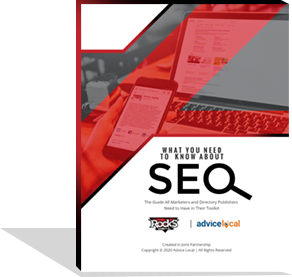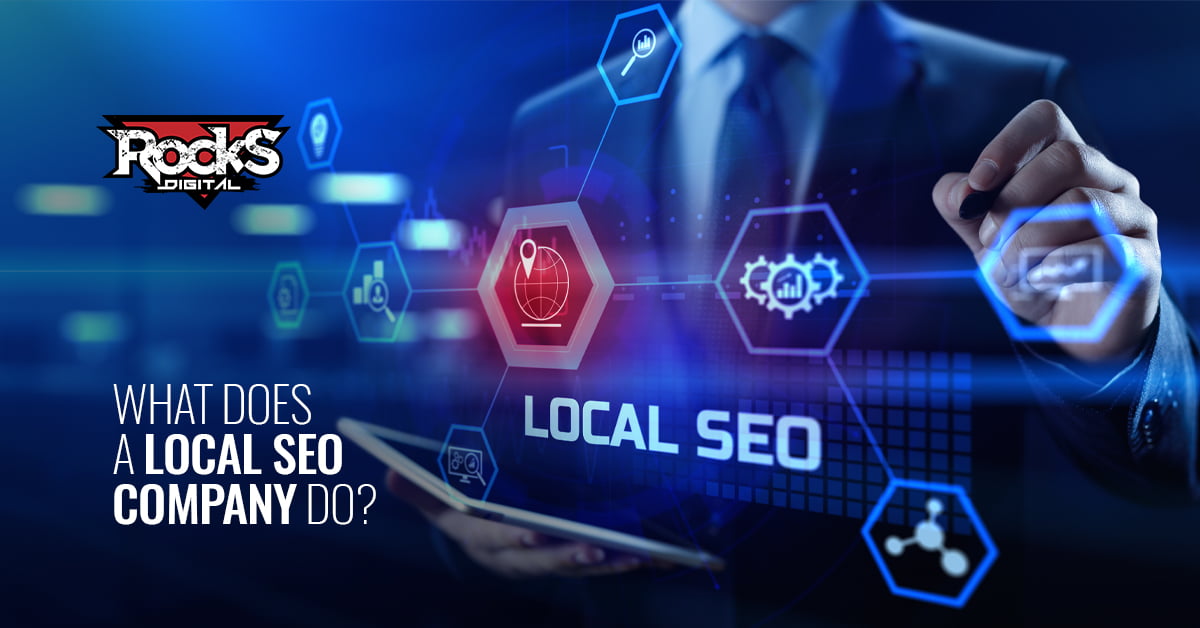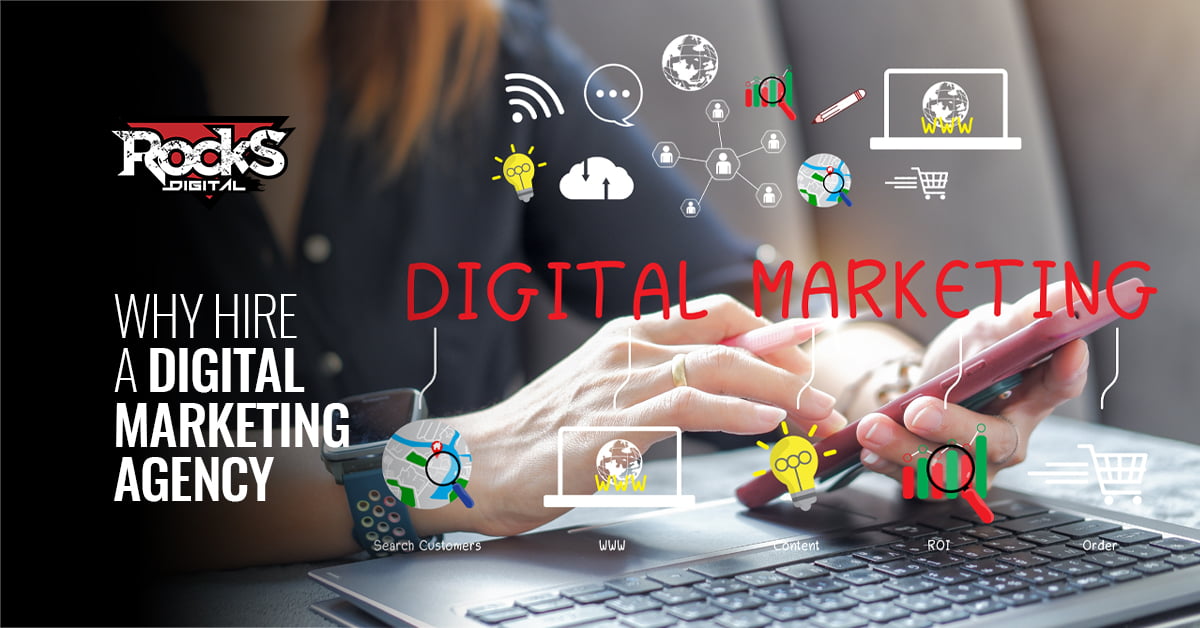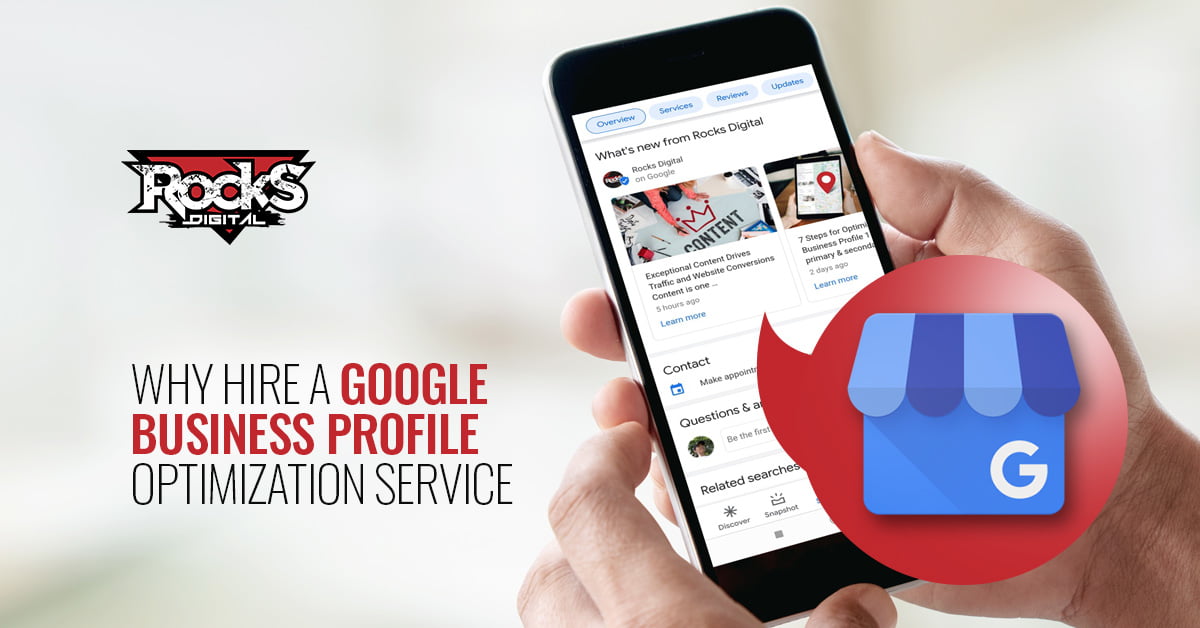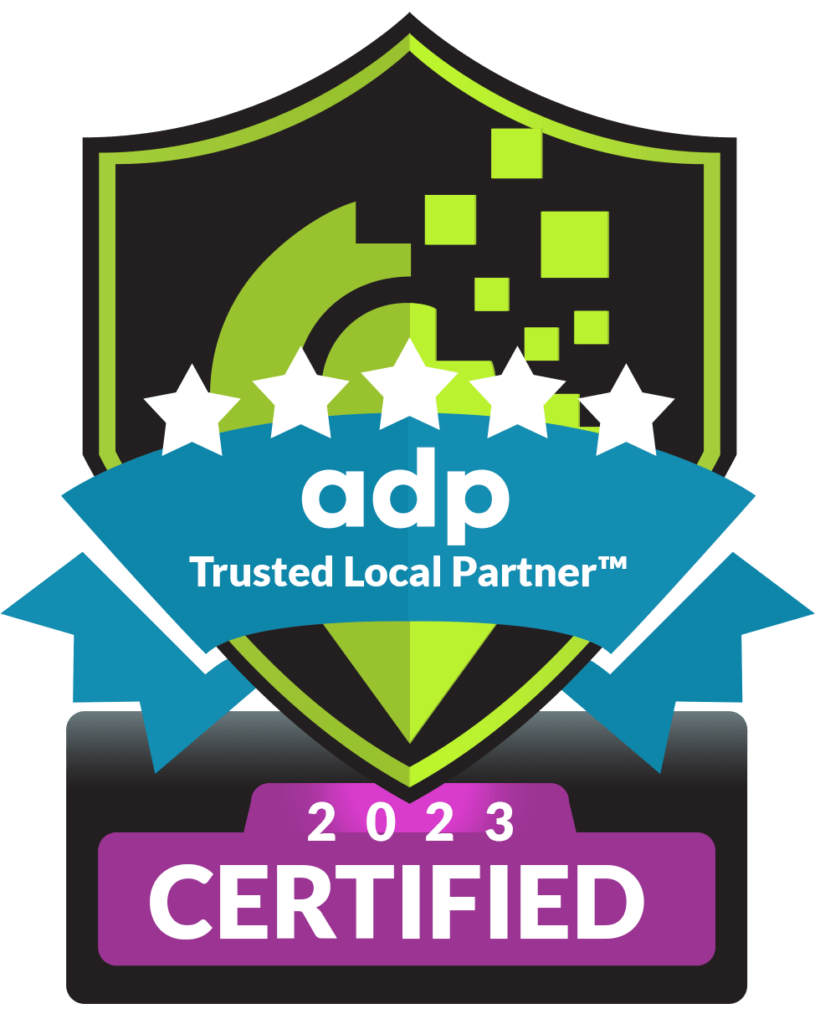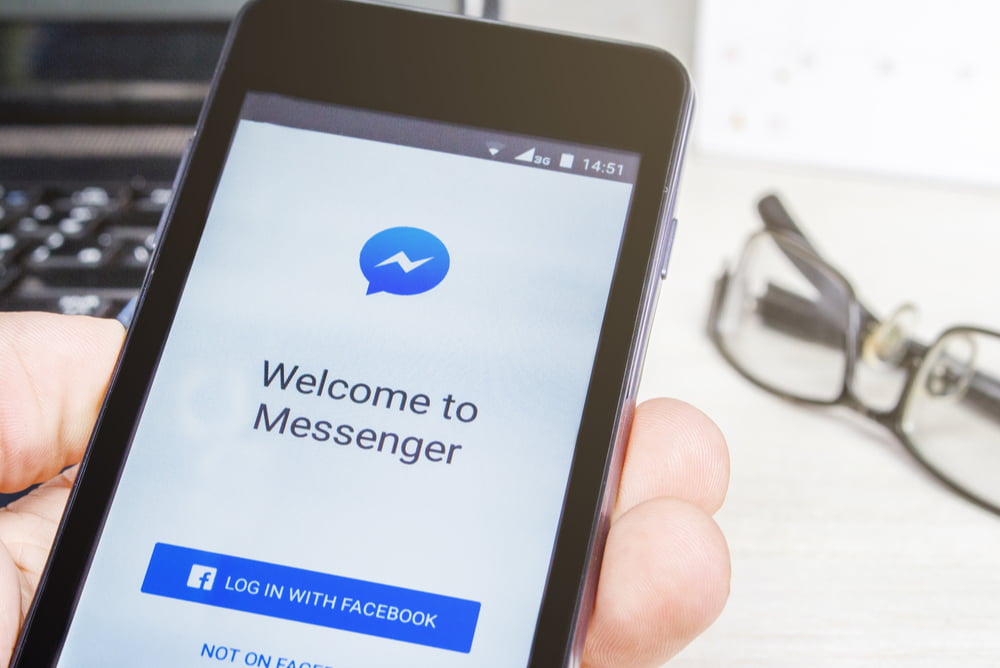
Could Facebook Messenger kill Email? This is a topic that is becoming more and more relevant as business owners look for ways to increase communications between themselves and their clients. As email open rates have declined over the years, multi-channel marketing has become an essential part of every business to generate sales. However, with the expansion of capabilities within Facebook Messenger, we might finally be at a point where we can rely less on email.
Facebook Messenger Vs. Email – Is There Room for Both?
With one billion people utilizing Facebook Messenger, it is a strong contender for businesses to utilize the platform as their primary basis for communication. However, there are several things to keep in mind before doing so.
Facebook Messenger is Personal
Presently the vast majority of individuals utilize Facebook Messenger to communicate with their friends on a personal basis or interact with a Facebook Page. The types of interactions taking place are similar to how people treated email in the ’90s. During this time, every email you received was from someone you knew. Thus, you read every email. However, as time progressed and email became a marketing tool, open rates declined as people needed to sift through spam to find messages relevant to them.
Because of this, for any business to utilize Messenger it is vital to maintain a personal approach to communication. You want to use the same tonality that you would with a friend. If you try for the hardcore sales approach, you might quickly find yourself losing touch with your customer base.
Embedded Apps within Facebook Messenger
This is one way that Facebook Messenger is miles ahead of email marketing. Any type of email sent from a business is one-dimensional, meaning that users have to leave their email to perform any type of action.
Within Messenger, there are a multitude of apps available to allow users to perform a wide variety of functions without leaving the app. You can do everything from make purchases, set reminders, book Uber & Lyft rides, and even receive shipping notifications from merchants from inside of the app.
Here’s an example of using Messenger to book an Uber:
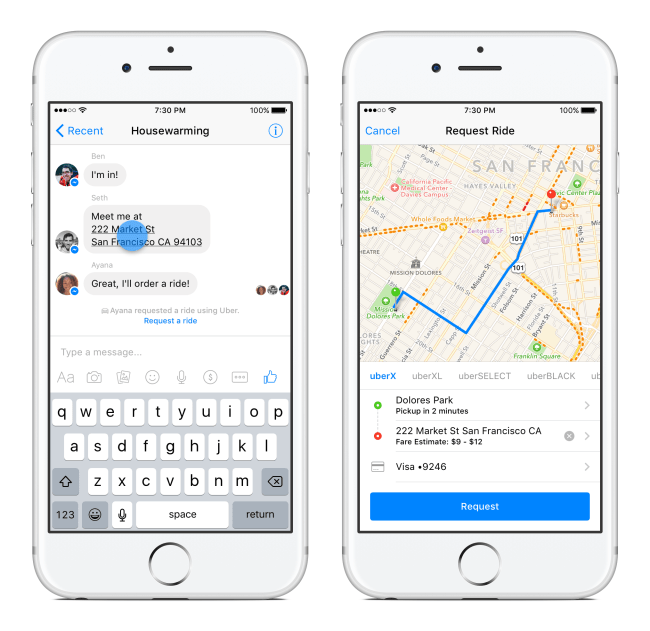
Image Credit: Facebook Newsroom
Interactive Communication
On most websites today there is the tried-and-true contact form, which sends an email to a designated account. However, more and more people today are communicating with brands via Social Media. As a way to communicate with users in a direct fashion, a business owner can leverage Messenger from their website to have a real-time conversation with individuals. The advantage of communicating with people in this fashion is that it makes it easier to engage them on Facebook. While chatting with you, they can quickly see the content you are posting on your page, as well as any offers currently running.
Facebook Messenger Funnels
In the marketing world, funnels are a necessity to prompt people to take specific actions after saying yes to an offer. However, funnels for most businesses are one-dimensional, meaning that there is only one option for people to take.
Within Facebook Messenger you have the ability to leverage “Chatbots,” allowing you to automatically respond to people with a pre-populated series of messages. So instead of simply sending people to a landing page and having them go through a single sequence, you can leverage Messenger to create a customized experience for users. It’s easy to setup the basic responses.
Here’s what the setup looks for an away message response:
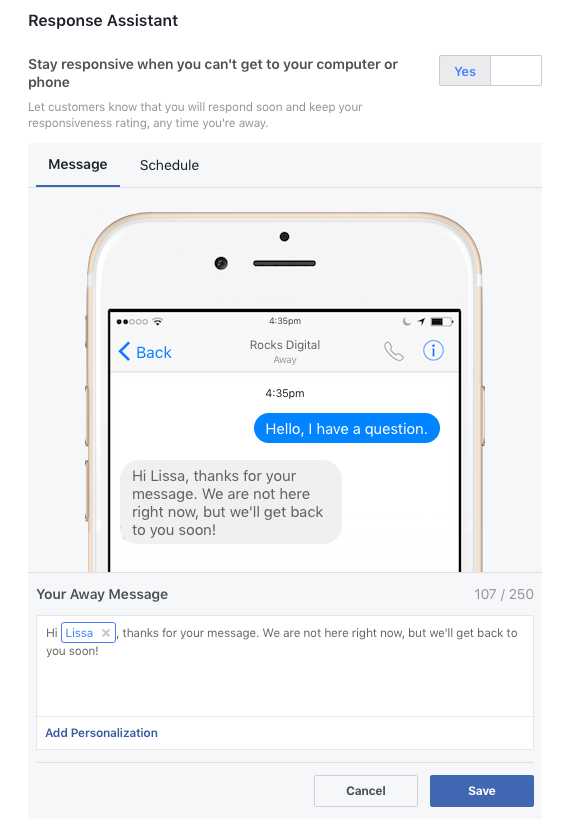
Here’s the “Instant Replies” setup Rocks Digital sends automatically to anyone that messages the page:
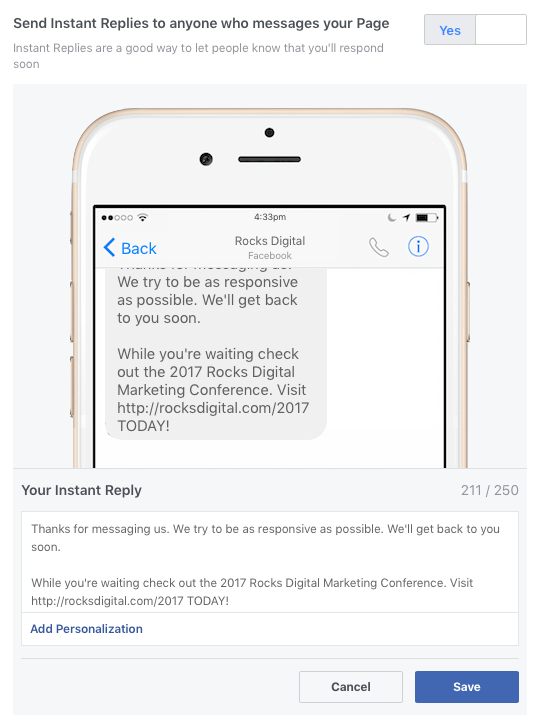
The above are examples of basic responses. Instead of having a single opt-in as you would on a website, you can utilize a series of questions to direct individuals to the product that will best fit them. Gone are the days of “One Size Fits All” marketing!
Facebook Messenger Broadcasts
As the vast majority of messages sent from Facebook are seen within minutes of receipt, it is only logical to leverage this platform to inform your audience of what is going on within your business. Instead of simply sending an email promoting the latest sale – where you might get a 20% open rate – how would you like it to be over 80%? That is the power of leveraging Messenger to broadcast a message to an audience.
When you decide to broadcast a message, it is vital that you segment people into the appropriate categories. Because it is still a personal experience, you will want to make sure that a message is sent to the people who will relate to it the most.
Messenger Ads
A newer feature Facebook rolled out was the ability to utilize Messenger Ads as an option within their advertising platform. Instead of sending people to a website to interact with a business, you now have the ability to have them engage with you via Messenger. This will allow for a business to have a personal touch with new prospects. Imagine for a moment that a dentist office runs an ad reminding their existing patients about scheduling an appointment. This time, instead of sending them an email, they are targeted via Messenger. In this manner, the patient is able to book an appointment with the office, all from the comfort of Facebook Messenger.
Could Messenger kill Email? It is fully possible that the way people utilize email will dramatically change as people incorporate Messenger into more parts of their lives. While this may not happen in the foreseeable future, it is important for businesses to adopt Messenger as part of their marketing process to engage users where they are.
Which do you use more – Facebook Messenger or Email? Tell us in the comments below.
Byron Ingraham
Byron Ingraham is a business & marketing strategist, public speaker, and entrepreneur devoted to experiencing life to the fullest & teaching others how to do the same.


